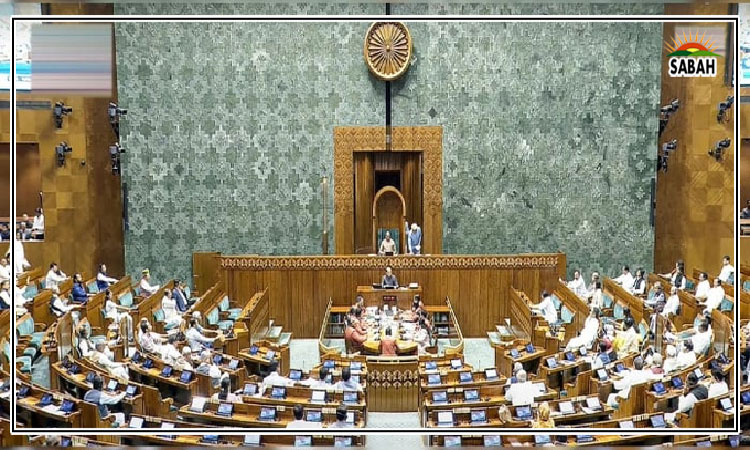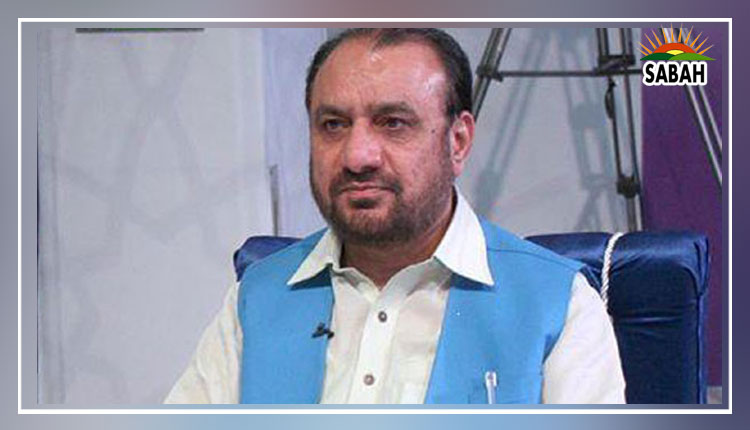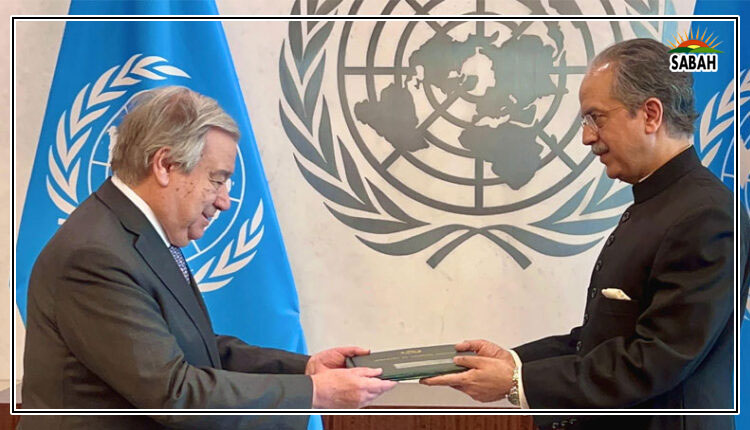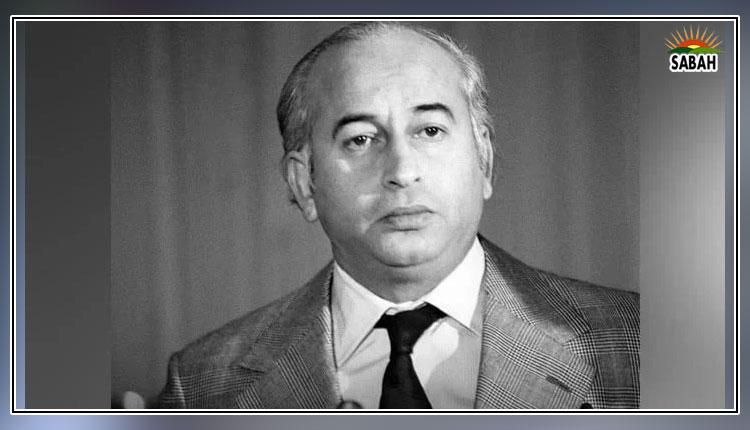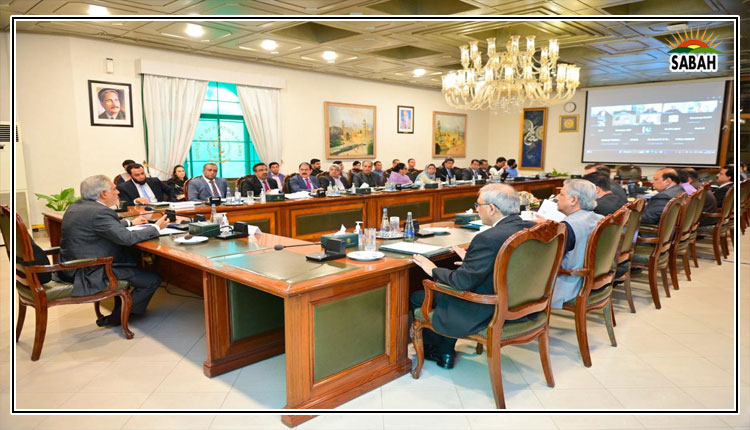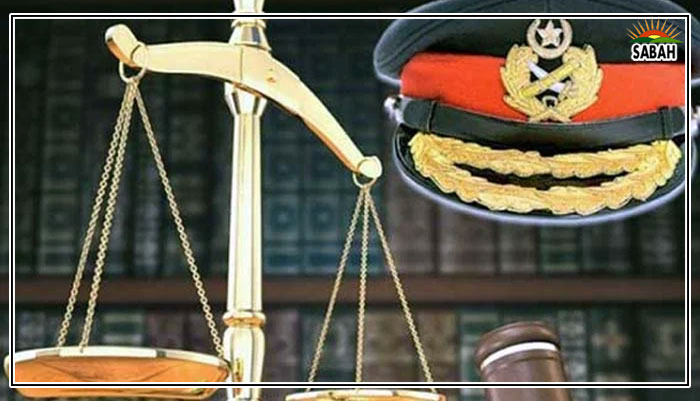Military courts have initiated trials for individuals who allegedly attacked military installations & memorials on May 9, SC informed
ISLAMABAD, Oct 22 (SABAH): The federal government has informed the Supreme Court that military courts have initiated trials for individuals who allegedly attacked military installations and memorials on May 9, following the arrest of Pakistan Tehreek-e-Insaf (PTI) Chairman and former prime minister Imran Khan.
“To safeguard the interests of the accused persons, it is imperative that their trials are conducted and concluded so that those who may merit acquittal can be acquitted, and those who may merit minor sentences and have already served time in custody can also be released” says the miscellaneous application submitted in the apex court by the federal government.
“Furthermore, accused persons, if convicted, can avail remedies available under the law,” stated an application submitted to the apex court in response to the SC’s August 3 order.
It is further submitted that the trials of these accused persons shall remain subject to the outcome of the proceedings in the titled Petition.
The application has been submitted as a five-member judge larger bench led by Justice Ijazul Ahsan is set to resume hearings today (Monday) to address the petitions challenging these trials. The other judges on the bench include Justice Munib Akhtar, Justice Yahya Afridi, Justice Sayyed Mazahar Ali Akbar Naqvi and Mrs. Justice Ayesha A. Malik. The bench will conduct hearing on the 13 petitions filed by different persons at 11:30 AM.
In the last hearing conducted by a six-member bench on August 3, Attorney General for Pakistan (AGP) Barrister Mansoor Usman Awan had reiterated an assurance “on instructions specifically obtained from the highest military authorities” that court martial of civilians would not commence without notifying the apex court.
The order noted that “We are confident that this commitment will be adhered to, and trials shall not commence without informing the court.
“The learned AGP, for this purpose, shall first inform the court through a statement made at the bar on a date of hearing fixed in these petitions. The court, after hearing the parties, may thereupon make any order it deems appropriate,” the court had noted.
In its application, the government stated that the trials of these accused persons shall remain subject to the outcome of the proceedings of the apex court.
“It is stated that a total of 102 persons were taken into custody for their involvement in the attacks on military installations/establishments, including Generals Headquarters Rawalpindi, Corps Commander House Lahore, PAF Base Mianwali, ISI Establishment Civil Lines Faisalabad, Sialkot Cantonment, ISI Establishment Hamza Camp Rawalpindi, Gujranwala Cantonment, and Bannu Cantonment, etc.
“The accused persons were taken into custody during May this year and have been in custody since then. The accused have been taken into custody under the Pakistan Army Act, 1952, read with the Official Secrets Act, 1923, for attacking military installations/establishments,” it added.
Last week, on Tuesday, a petitioner who had challenged the trial of his son in a military court following the May 9 incident approached the Supreme Court of Pakistan to expedite the case’s hearing.
Junaid Razzaq submitted an application through his counsel Salman Akram Raja, arguing that the military court trials had already begun. The petitioner claimed that this commencement of military court trials was a clear violation of the apex court’s order issued on August 3.”As such, an early hearing of the titled petition shall be in the interest of justice; otherwise, if the trial of the petitioner’s son commences and concludes in haste, the petitioner shall suffer irreparable loss,” the plea contended.
The petitioner had already filed a separate application urging the Supreme Court to immediately halt the military court proceedings in his son’s case. It stated that contrary to the commitments made before the SC, and in violation of its orders, trials of civilians before military courts had been started.
He said he learned about this development because, in his capacity as an advocate, he was representing one of the civilians facing trial before military authorities, and therefore was aware that a field general court-martial had been convened for this purpose, and the lawyers of various detainees had been contacted.
“The applicant/petitioner presented the orders of this honorable court before the military authorities, but to no avail.” Furthermore, it requested the top court to direct all the authorities not to proceed against the petitioner or any of his family members in violation of the law.


